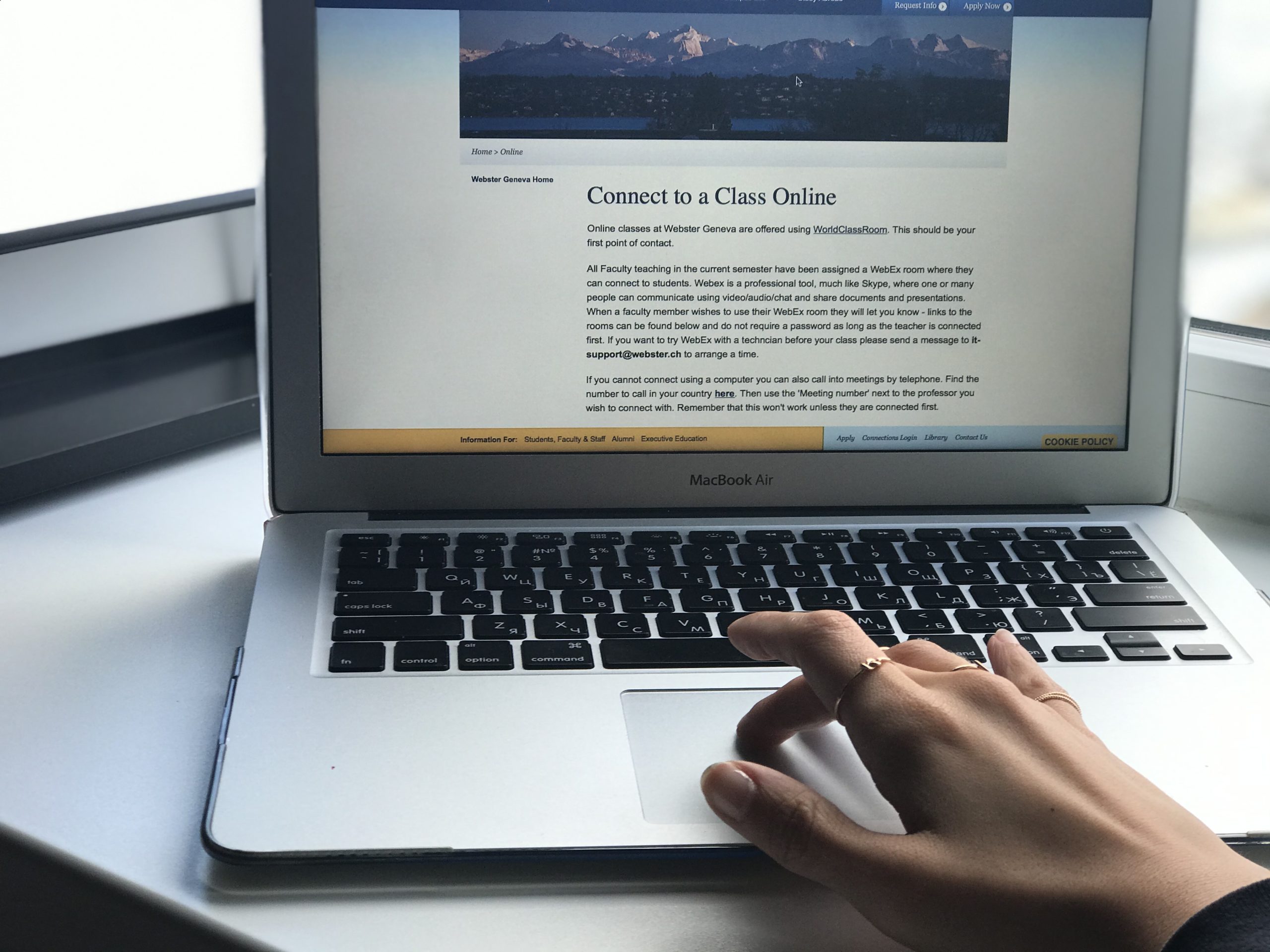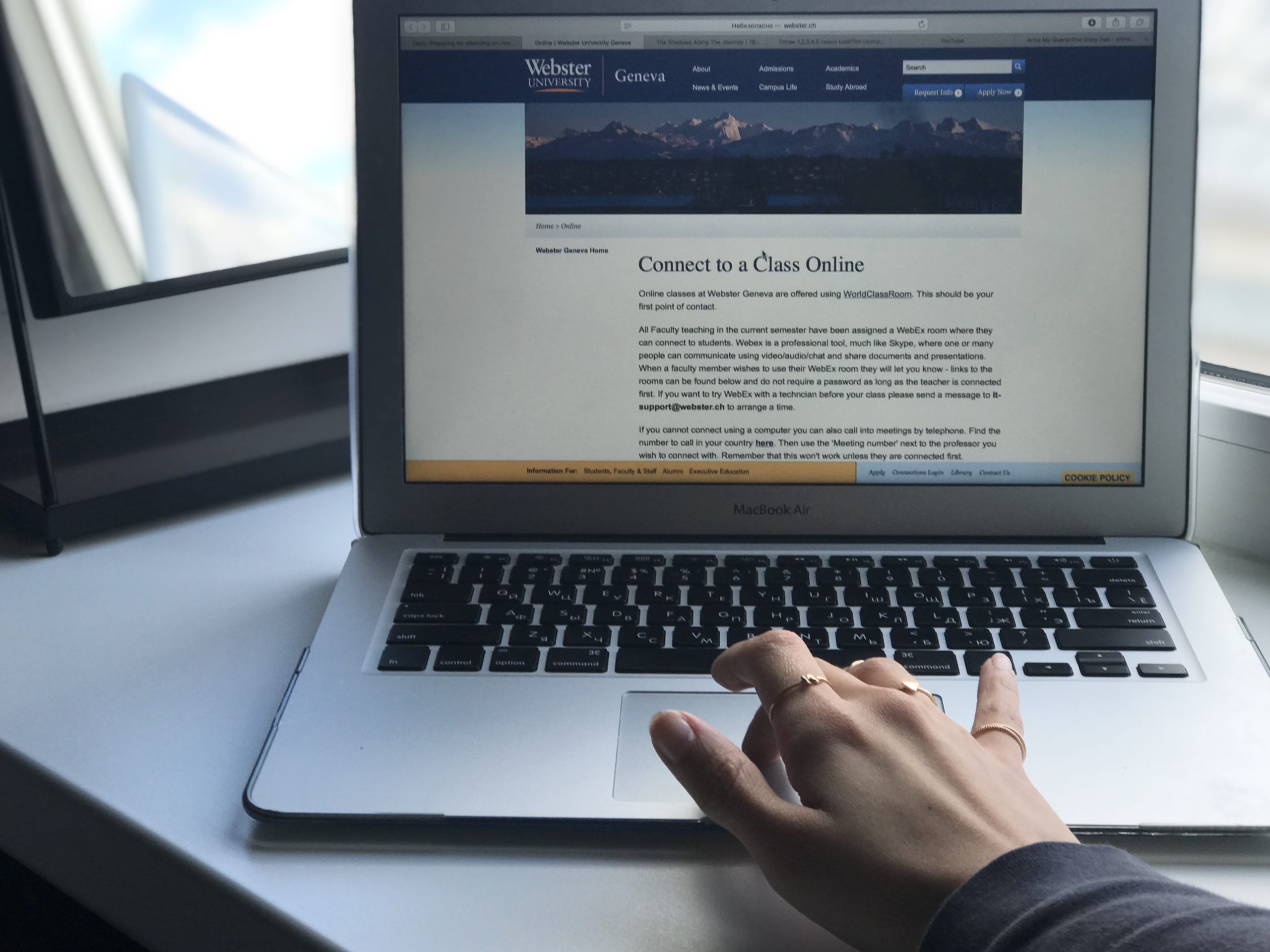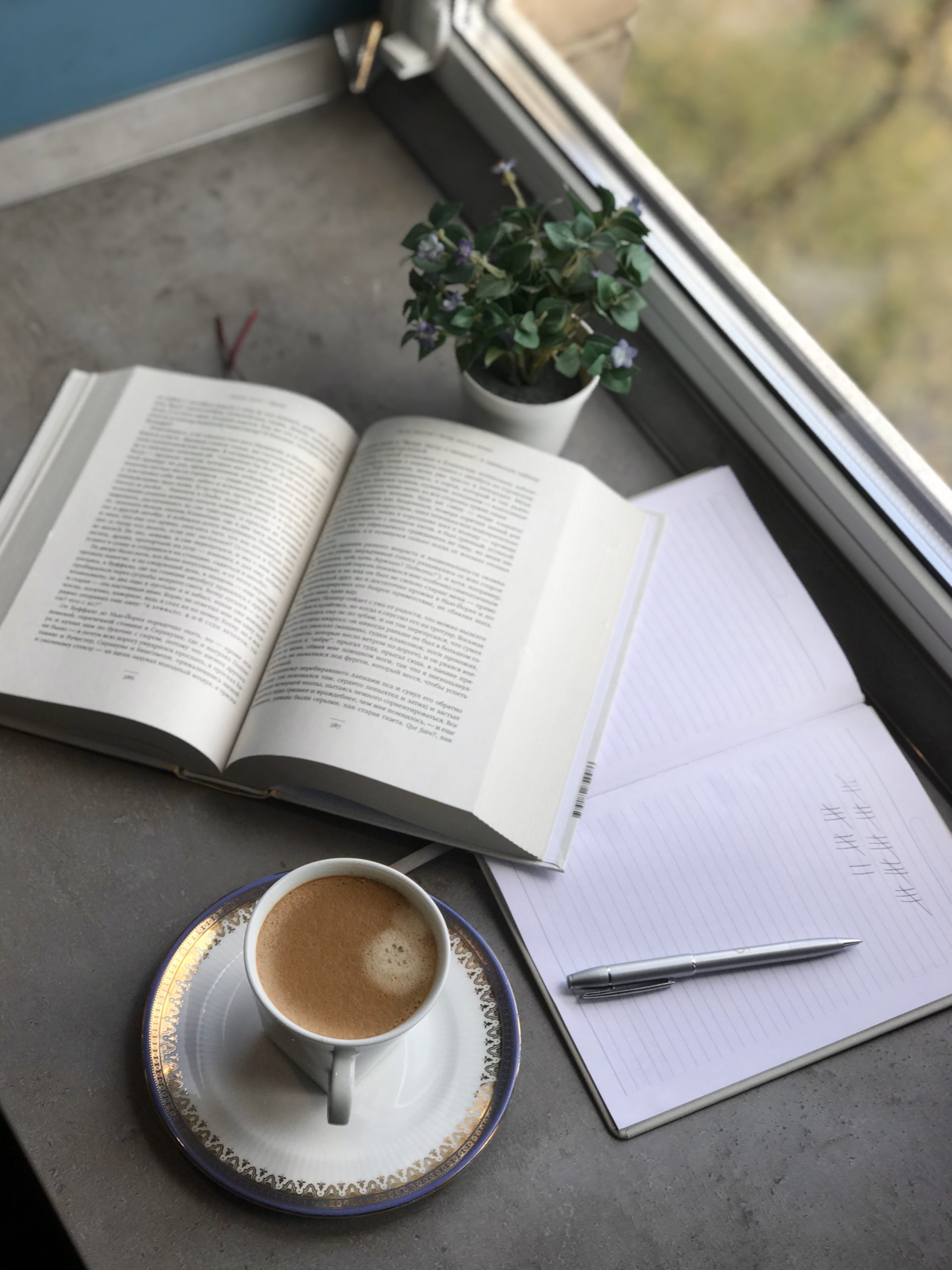Our lifestyles have changed dramatically in a matter of several months due to the spread of COVID-19. A majority of the politicians and public figures around the world have urged people to stay home, which was supported by shops, restaurants, bars, museums, movie theaters and other places by closing. Suddenly, we’re forced to change our habits and find ourselves in a situation we’ve never been in before. What will we tell our grandkids about these times? I’ve made some observations, from my self-isolation experience in Russia, that some of you might find relatable
After you self-isolate, soon each day will feel the same – not only due to the lack of changes in decorations, but also how your life is linked to your computer. You attend online classes, visit museums and expositions around the world, work out with the help of your trainer’s live broadcast, order goods online, talk with your friends using Zoom or FaceTime. Quarantine has proved you can do pretty much everything online, but it’s only after COVID-19 it became clear to me how much I miss the outside world.


“Suddenly, we’re forced to change our habits and find ourselves in a situation we’ve never been in before”
The most recommended tip to keep your spirits up during the confinement is to dress up as if it were a regular day and you’re going out. I was skeptical at first imagining how ridiculous I would look washing dishes in my brand-new shirt. However, a few weeks into quarantine and I’ve realized how putting on lipstick and taking out the trash can become a highlight of the day.
I was so happy with my 50 meters squared apartment until I spent a month stuck inside it, pacing from the bedroom to the living room 100 times a day. I felt the walls closing in leaving less space to move and hoped they wouldn’t collapse on me before the quarantine ends.
I caught myself thinking about it when I tried to exercise at home instead of my usual three-times-a-week session at the gym. Following the moves of a trainer on a disrupted video of Instagram live stream I’ve tried my best not to hit the sofa with my leg, the TV with my arm and my dog who was wondering what on earth I was doing.

Because of self-isolation I felt extremely jealous of people with big houses in the countryside, which have yards filled with green grass and trees blossoming in the spring sun. I was jealous for something as little as a balcony, where you could put a table out and enjoy a coffee in the morning.
Several people I know have admitted that the lack of other memorable activities during the day is causing them to open the door of the fridge way more often. The fact that many are trying to learn how to cook during the confinement has probably also contributed to people running out of food faster.
However, when you go to the grocery store every once in a while, it turns out some goods are hard to find. After it was announced, that things with COVID-19 got out of control, a lot of people started to panic and buy goods in huge quantities as if the apocalypse is coming. Toilet paper became especially popular with frightened buyers around the world, while in Russia another surprising item has joined it in this category – buckwheat. The reason why these brown grains have gained sudden recognition is still a mystery to me.
While in self-isolation I try to maintain a connection with my friends and family through messages and video calls, but it still doesn’t replace their physical presence. It’s weird realizing how long ago it was when I arrived in Moscow, and still haven’t visited my loved ones. Usually, there is the distance between Russia and Switzerland, that separates us, but now we still can’t see each other, even if we’re in the same town.
What really brings me joy during self-isolation are those rare moments of going outside to the grocery store or pharmacy. How nice it is to finally be on the move and filling your lungs with fresh air. Although the town surrounding me is the exact opposite, very depressing. Once full of loud voices, the streets are now empty and silent, with posters on the walls calling for people to stay home, the rare pedestrians wearing medical masks, moving aside when you approach them. The atmosphere reminds me of an apocalyptic movie and it’s weird to think that it’s all really happening.
It might be hard to live in self-isolation for a long time and adapt to the challenges these times bring us, but there are many people out there suffering and medical professionals burning out trying to help them. At least, we’re lucky to have them, and able to help with doing as little as staying at home.
